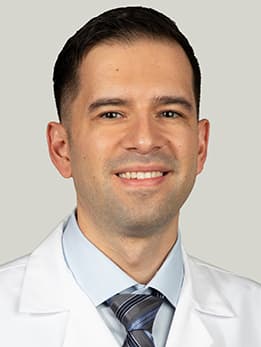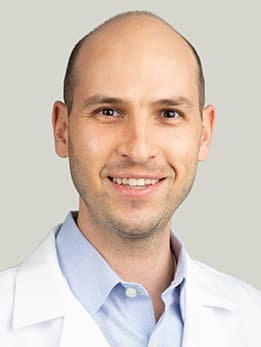Chronic Thromboembolic Pulmonary Hypertension (CTEPH)
Our CTEPH Team
Our CTEPH Nursing Team
Tara Wenn, APN (Pulmonary Embolism)
Lira Palen, APN, MSN (Pulmonary Hypertension)
Refer a Patient
Our team partners with referring physicians to ensure every patient receives the best, most expedient care possible.
To refer a patient, please call 773-702-6049.

Lung Transplant
Whether you need an initial evaluation or a second opinion, the UChicago Medicine lung transplant specialists are here to help.

Multi-Organ Transplant
When it comes to multiple-organ transplants, UChicago Medicine transplant surgeons are considered some of the most experienced in the world.
Request an Appointment
We are currently experiencing a high volume of inquiries, leading to delayed response times. For faster assistance, please call 1-773-702-9461 to schedule your appointment.
If you have symptoms of an urgent nature, please call your doctor or go to the emergency room immediately.
* Indicates required field








